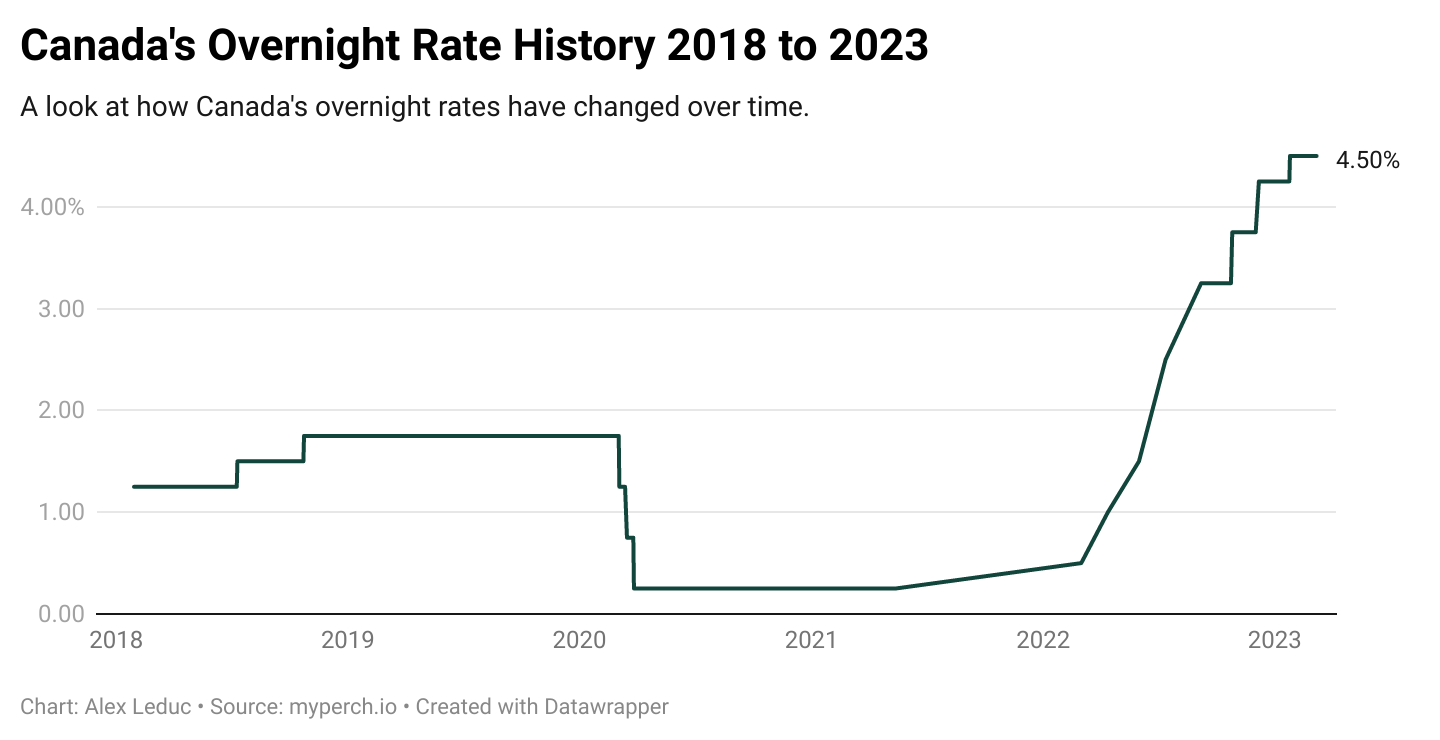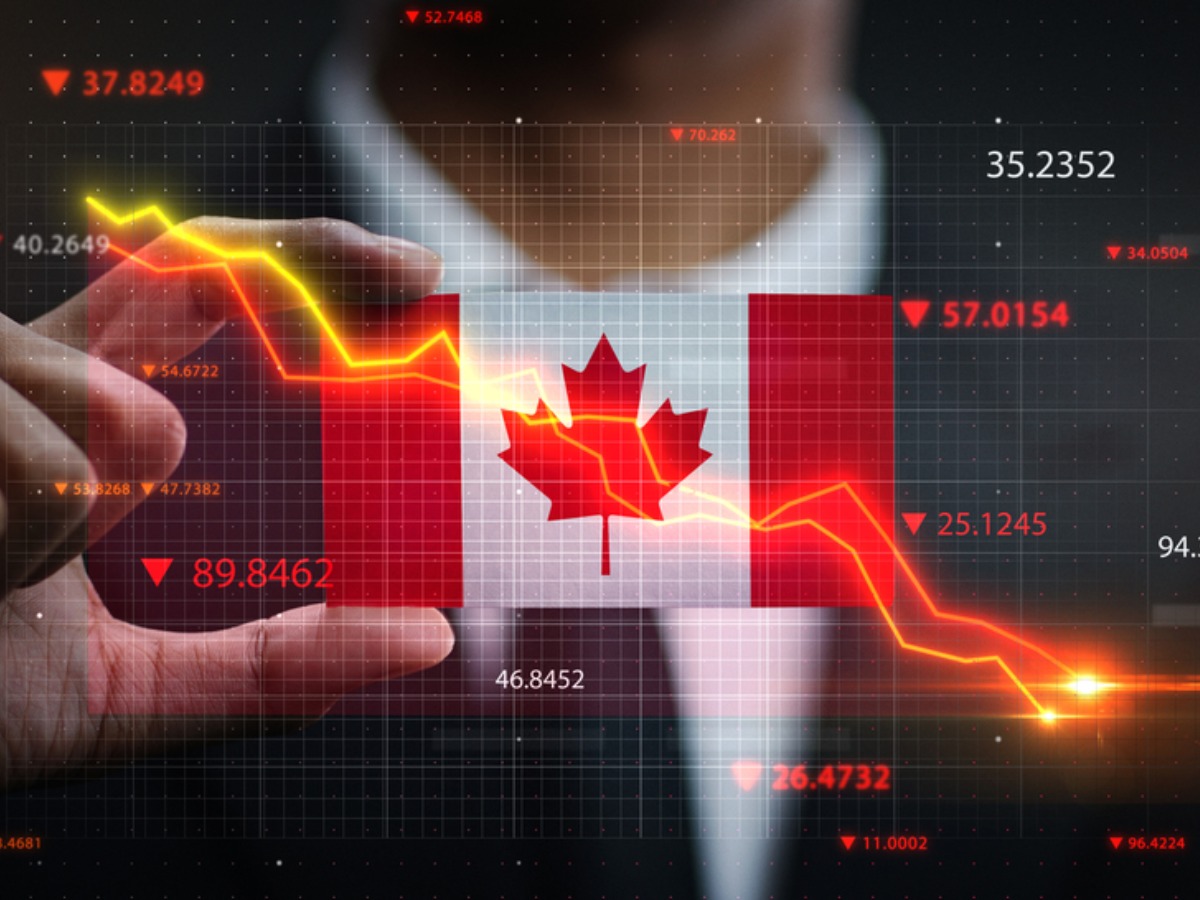US Tariffs To Upend Canadian Central Bank's Rate Decision In Historic Rebalance
The recent surge in trade tensions between the US and Canada has sent shockwaves throughout the global economy, with many experts predicting a significant impact on the Canadian central bank's upcoming rate decision. The Canadian central bank, also known as the Bank of Canada, has been navigating a complex economic landscape, with rising inflation and slowing economic growth posing significant challenges to its monetary policy decisions. However, with the US tariffs set to escalate, the bank's rate decision is likely to be upended in a historic rebalance of the trade dynamics between the two North American neighbors.
The introduction of the US tariffs has had a profound impact on the Canadian economy, with the industry's already fragile balance sheet exposed to significant risks. The imposition of tariffs on Canadian goods and services has not only led to a decline in exports but also increased the cost of production, thereby reducing competitiveness. The US has imposed tariffs on over $12 billion worth of Canadian goods, including steel, aluminum, and lumber, which has had a disproportionate impact on the Canadian forestry and energy sectors. The escalation of trade tensions between the two countries has also led to a significant decline in investor confidence, with Canadian stocks and the loonie experiencing significant volatility.
The Canadian central bank's rate decision is closely watched by economists and financial markets around the world, and the recent escalation of trade tensions with the US has raised significant concerns about the bank's ability to maintain monetary policy independence. The bank has been under pressure to maintain low interest rates to support economic growth, but the imposition of US tariffs has raised concerns about the bank's ability to achieve this goal. The bank has been increasing interest rates in recent months to combat inflation, but the introduction of the US tariffs has raised questions about the bank's ability to continue this trend.
Understanding the US Tariffs' Impact on Canada's Economy
The US tariffs have had a significant impact on Canada's economy, with many industries exposed to significant risks. The forestry and energy sectors, which are significant contributors to Canada's GDP, have been particularly hard hit by the tariffs. The imposition of tariffs on Canadian steel and aluminum has led to a significant decline in exports, with many Canadian steel producers unable to compete with US producers.
The tariffs have also had a significant impact on Canada's agricultural sector, with many farmers unable to access the US market. The US has imposed tariffs on Canadian agricultural products, including wheat, canola, and livestock, which has led to a significant decline in exports.
Key Statistics on the Impact of US Tariffs on Canada's Economy
- Over $12 billion in tariffs imposed on Canadian goods and services
- Significant decline in exports, particularly in the forestry and energy sectors
- Imposition of tariffs on Canadian steel and aluminum has led to a significant decline in exports
- Canadian agricultural exports have declined significantly due to the imposition of tariffs on Canadian agricultural products
- Canadian stocks and the loonie have experienced significant volatility due to the escalation of trade tensions with the US
What the Canadian Central Bank's Rate Decision Means for the Economy
The Canadian central bank's rate decision is closely watched by economists and financial markets around the world. The bank has been under pressure to maintain low interest rates to support economic growth, but the imposition of US tariffs has raised concerns about the bank's ability to achieve this goal.
The bank has been increasing interest rates in recent months to combat inflation, but the introduction of the US tariffs has raised questions about the bank's ability to continue this trend. The bank has also been exploring alternative options, such as buying government bonds on the open market, to support economic growth.
Key Considerations for the Canadian Central Bank's Rate Decision
- Maintaining low interest rates to support economic growth
- Addressing inflation concerns, particularly in the energy sector
- Exploring alternative options, such as buying government bonds on the open market
- Managing the impact of US tariffs on the economy
- Maintaining monetary policy independence
How the US Tariffs Will Affect the Canadian Central Bank's Rate Decision
The introduction of the US tariffs has raised significant concerns about the Canadian central bank's ability to maintain monetary policy independence. The bank has been under pressure to maintain low interest rates to support economic growth, but the imposition of US tariffs has raised questions about the bank's ability to achieve this goal.
The bank has been increasing interest rates in recent months to combat inflation, but the introduction of the US tariffs has raised concerns about the bank's ability to continue this trend. The bank has also been exploring alternative options, such as buying government bonds on the open market, to support economic growth.
Key Implications for the Canadian Central Bank's Rate Decision
- Increased pressure to maintain low interest rates to support economic growth
- Raised concerns about the bank's ability to maintain monetary policy independence
- Alternative options, such as buying government bonds on the open market, being explored
- Potential impact on the bank's ability to increase interest rates to combat inflation
- Potential impact on the bank's ability to maintain a stable exchange rate
Conclusion
The introduction of the US tariffs has sent shockwaves throughout the global economy, with many experts predicting a significant impact on the Canadian central bank's upcoming rate decision. The Canadian central bank has been navigating a complex economic landscape, with rising inflation and slowing economic growth posing significant challenges to its monetary policy decisions.
The bank's rate decision will have a significant impact on the Canadian economy, with many industries exposed to significant risks. The imposition of US tariffs has raised concerns about the bank's ability to maintain monetary policy independence, and the bank has been exploring alternative options to support economic growth.
As the Canadian central bank prepares to make its upcoming rate decision, it will be closely watching the impact of the US tariffs on the economy. The bank's decision will have a significant impact on the Canadian economy, and it will be interesting to see how the
Jules Ari
Mary Marquardt
Subhshree
Article Recommendations
- Ranran Fujii Insta
- Matthew Labyorteaux Net Worth
- Sabrina Carpenter Weight
- Google Places Rank Tracking
- Tate Mcrae
- Marvin Agustin Wife
- Camilla Araujo Fansd
- Beyonce Andiddy
- Nicole Briscoe
- Kaitlan Collins Husband



